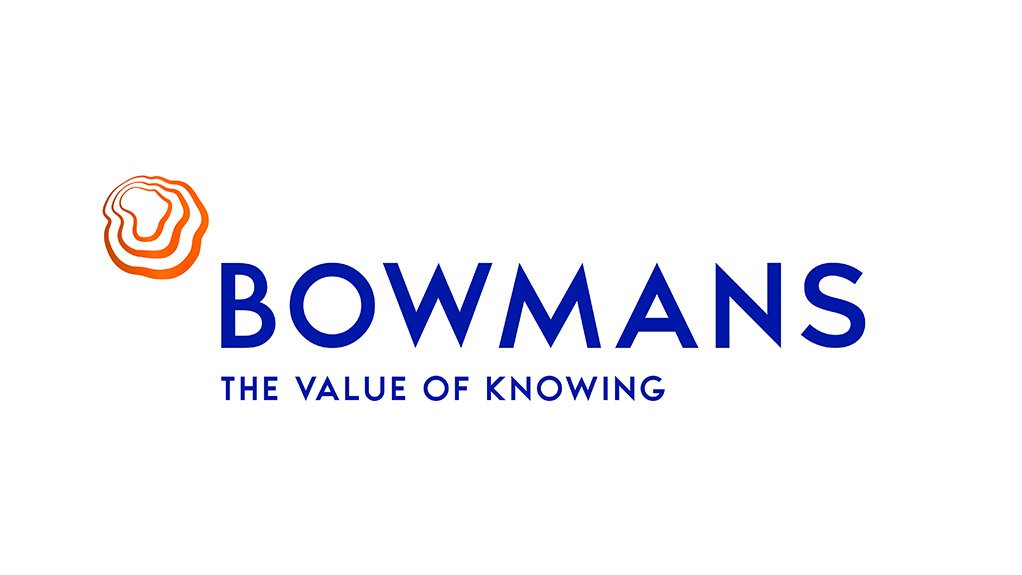All indications are that more stringent reporting and enforcement of local empowerment requirements are on the way across much of Sub-Saharan Africa.
On the face of it, this prospect might seem likely to pose further challenges for governments’ efforts to attract investors, but there could be an upside. Better and more detailed reporting on local ownership and empowerment potentially means greater transparency and clarity on what regulators expect from investors. And if there is one condition that gives investors comfort, it is certainty in the business, regulatory and policy environments in which they operate.
It seems clear from developments in the local ownership and empowerment landscape across Sub-Saharan Africa that there is a trend towards increased reporting obligations and, by extension, enforcement. We saw this in the analysis of regulatory and legislative developments across 14 countries that we did in preparation for the publication of our Local Empowerment in Africa Guide late last year.
In the past, regulators mainly wanted companies to report on their performance against local ownership targets at key milestones, such as when a fundamental transaction was on the cards.
The trend we are seeing now is towards reporting on a wider spectrum of indicators and in more detail than before, mostly annually, but in some cases more frequently.
Reporting on local ownership gains ground
In Ethiopia all investors are required to submit a quarterly progress report on the implementation of their investment projects to the Ethiopian Investment Commission (EIC). If an investor fails to submit a report on time, the EIC has the option to suspend its investment licence.
Other jurisdictions with specific local empowerment reporting requirements are Tanzania, where mining companies must submit an annual local content report, and Nigeria, where oil and gas operators must report annually to the Nigerian Content Development and Monitoring Board.
In South Africa, where JSE-listed companies have been required to submit annual compliance reports to the B-BBEE Commission since 2018, other regulators, too, have stepped up their reporting requirements. Among them are the Competition Commission of South Africa and sector regulators such as the Independent Communications Authority of South Africa (ICASA) and the Department of Mineral Resources and Energy (DMRE).
Several other Sub-Saharan African jurisdictions do not (yet) have specific empowerment reporting requirements, although they do ‘reserve the right’, so to speak, to require accountability from investors.
For example, Kenyan sector regulators may conduct inspections to establish the extent of compliance with local ownership rules, and in Zimbabwe, the Minister of Indigenisation may require any business to submit an indigenisation assessment for an empowerment assessment rating.
Regulators and business could benefit
There is method in the additional reporting requirements on localisation and ownership. Regulators are aware of the benefits of increased reporting in helping them better understand what is happening on the ground.
Armed with that insight, they can identify where there might be a need for future policy change and legislative amendments. In some cases, this could be used to tighten compliance and clamp down on investors perceived as perhaps not pulling their weight. In others, it might mean possibly amending requirements that in practice have proved to be too onerous.
The latter point is important. Regulation is seldom all stick and no carrot, or vice versa. Regulators do not set out to make it difficult for companies to do business and in our experience, they tend to be willing to engage and open to listening to other points of view.
Hence, rather than seeing increased reporting obligations as burdensome, companies could use their reports as an opportunity to bring issues of importance to the attention of the regulators. Clear and comprehensive reporting could be as potentially beneficial to business as to the regulatory authorities.
Toe the line or else …
During our 14-country empowerment analysis, we observed various changes in the way regulators are enforcing compliance with empowerment regulations, particularly with ownership requirements.
There is a focus, especially in South Africa, on substantive compliance and genuine empowerment. In South Africa, companies could face fines of up to 10% of annual revenue and criminal sanction if they are found guilty of ‘fronting’.
Fronting is broadly defined to mean misrepresenting a company’s true empowerment status. The regulator, the B-BBBE Commission, is taking a more active role investigating ownership structures to ensure the substance of such structures matches the legal form.
It is also more common for regulators in the various countries we reviewed to enforce local ownership through licensing conditions or other approval processes. This is evident for example in the licensing and foreign investment approvals required in Ethiopia, Kenya, Nigeria and South Africa in respect of investment the technology, media and telecommunications sector.
The South African Competition Commission has been active in considering the impact of mergers on the level of ownership by historically disadvantaged persons in target firms. This forms part of its public interest mandate. The most recent example is the controversial ‘Burger King’ decision, in terms of which the Commission blocked ECP Africa’s proposed acquisition of Burger King South Africa because this would reduce the shareholding of historically disadvantaged persons from 68% to 0%.
The Burger King decision, although still likely to be tested in the courts, illustrates the range of tools at the disposal of regulators in ensuring compliance with local ownership and empowerment requirements. If ever there was any doubt that the authorities meant business over B-BBEE, this particular ruling has hammered that point home.
While few would argue that there should be consequences when it comes to enforcing local ownership and empowerment requirements, this must be tempered by a consideration of the commercial constraints faced by investors and their ability to contribute to the overall goal of developing industries and economies.
Written by Ashleigh Hale, Co-head Corporate, and Lerato Thahane, Partner, Bowmans South Africa
EMAIL THIS ARTICLE SAVE THIS ARTICLE ARTICLE ENQUIRY
To subscribe email subscriptions@creamermedia.co.za or click here
To advertise email advertising@creamermedia.co.za or click here











